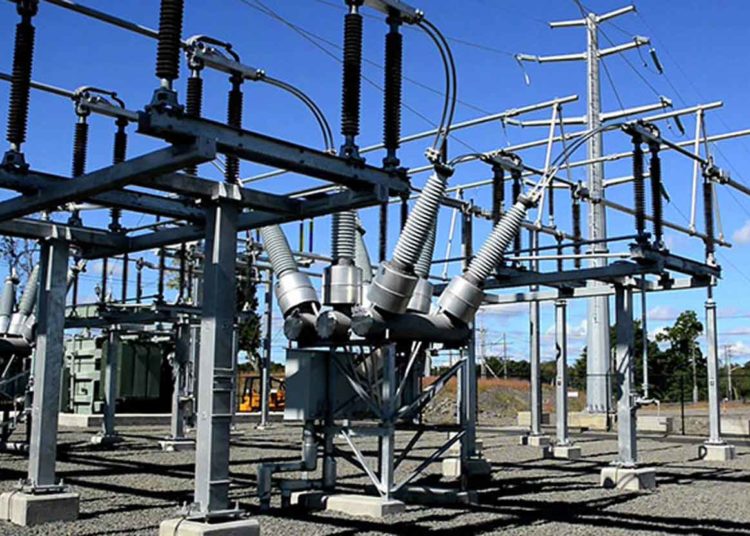Representatives of labour unions, civil society, communities, and other critical stakeholders have called for the review of electricity privatisation on the backdrop of the poor performance indicators in the power sector.
This is even as they are calling on the government to ignore the commercialisation of the water sector and the Water Resources Bill currently pending at the National Assembly.
Stakeholders, at a one-day public symposium on the water and power sectors’ situation in Nigeria organised by the National Union of Electricity Employees (NUEE) and Amalgamated Union of Public Corporations, Civil Service Technical and Recreational Service Employees (AUPCTRE) through the support of the Public Services International (PSI)-DGB value chain project in Lagos, interrogated the effectiveness of subsisting policy frameworks in each sector, concluding that, nine years after the privatisation of the power sector, the same issues which necessitated the privatization was still prevalent, even as they vowed not to allow water sector privatisation.
They insisted that Nigerians still do not have stable and reliable power supply and that with installed capacity at 12,522 MW, the country has not been able to generate beyond 4,000 MW to service its population of over 200 million.
The other issues they identified are network infrastructure challenges, increasing tariffs, etc which cumulatively have made power to oscillate between 3,000 – 4,000 MW.
Deputy national president, Nigeria Labour Congress(NLC), Joe Ajaero, said the privatisation of the power sector would not have been possible if there were adequate voices that opposed the plan. He noted that workers in the power sector continue to be neglected and have become victims of the failure of the privatization exercise.
On the National Water Resources Bill, Ajaero said, he is optimistic that the passage of the Bill which had privatisation clauses would fail.
Echoing his views, national president of the Amalgamated Union of Public Corporation Civil Service Technical and Recreational Services Employees (AUPCTRE), Comrade Benjamin Anthony, said the collaboration between labour and civil society had thus far stalled the privatization plans but it was not yet uhuru.
In his intervention, director of programmes at Corporate Accountability and Public Participation Africa (CAPPA), Philip Jakpor stressed the importance of collaborative actions by labour and CSOs, noting that, the AUPCTRE/CAPPA partnership under the Our Water Our Right umbrella is a model worth emulating and replicating as it has stalled privatisation of water at Federal and state levels.





